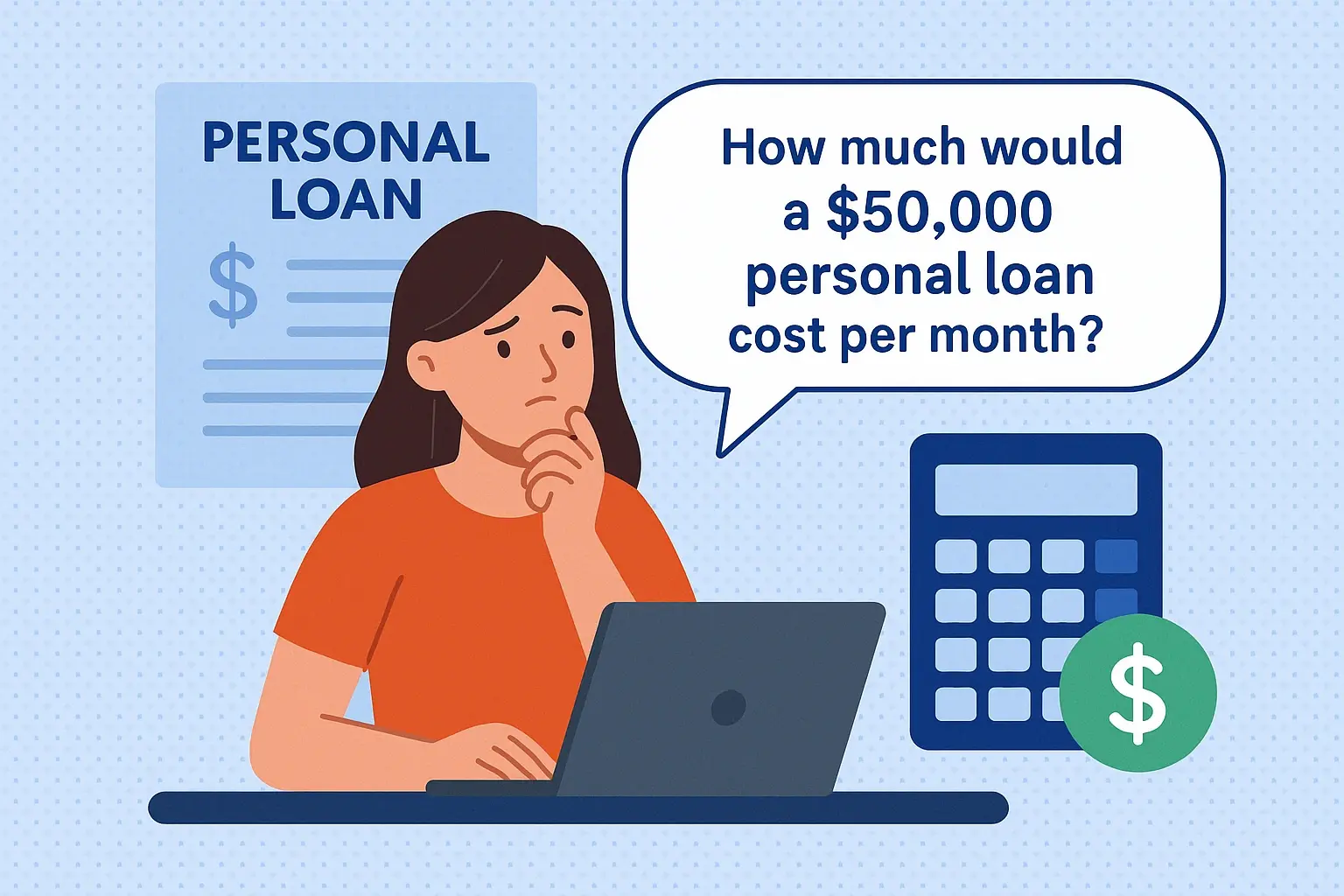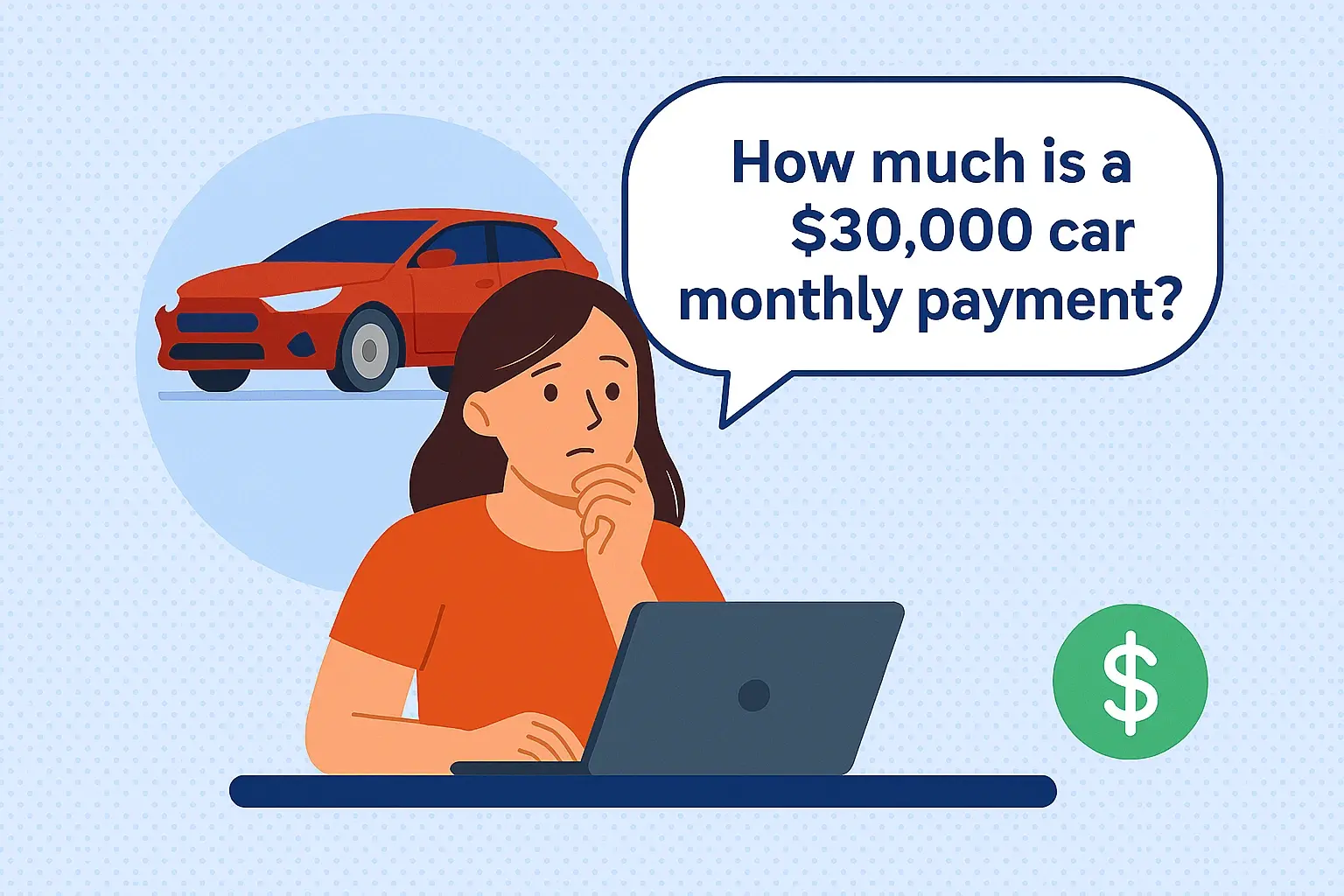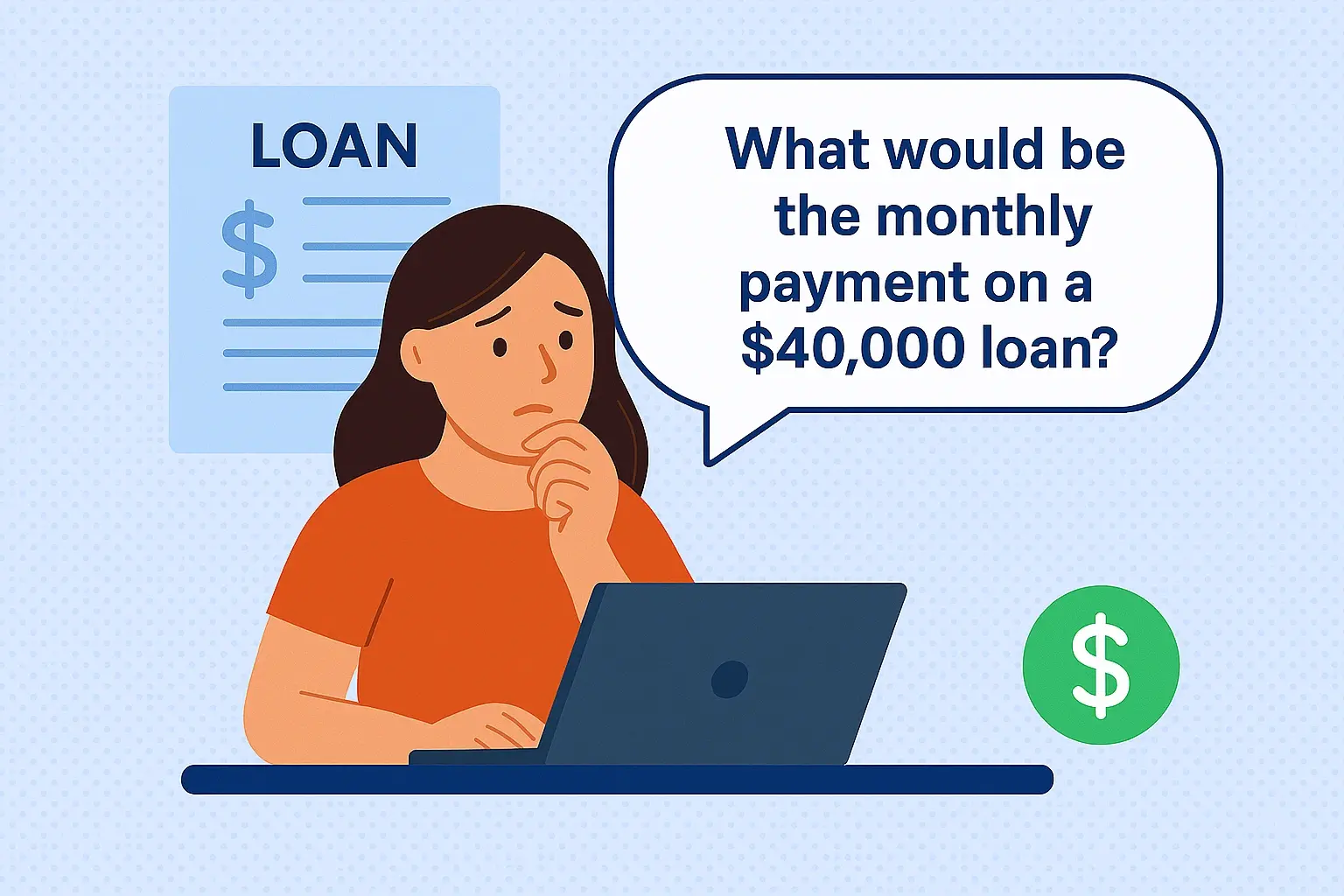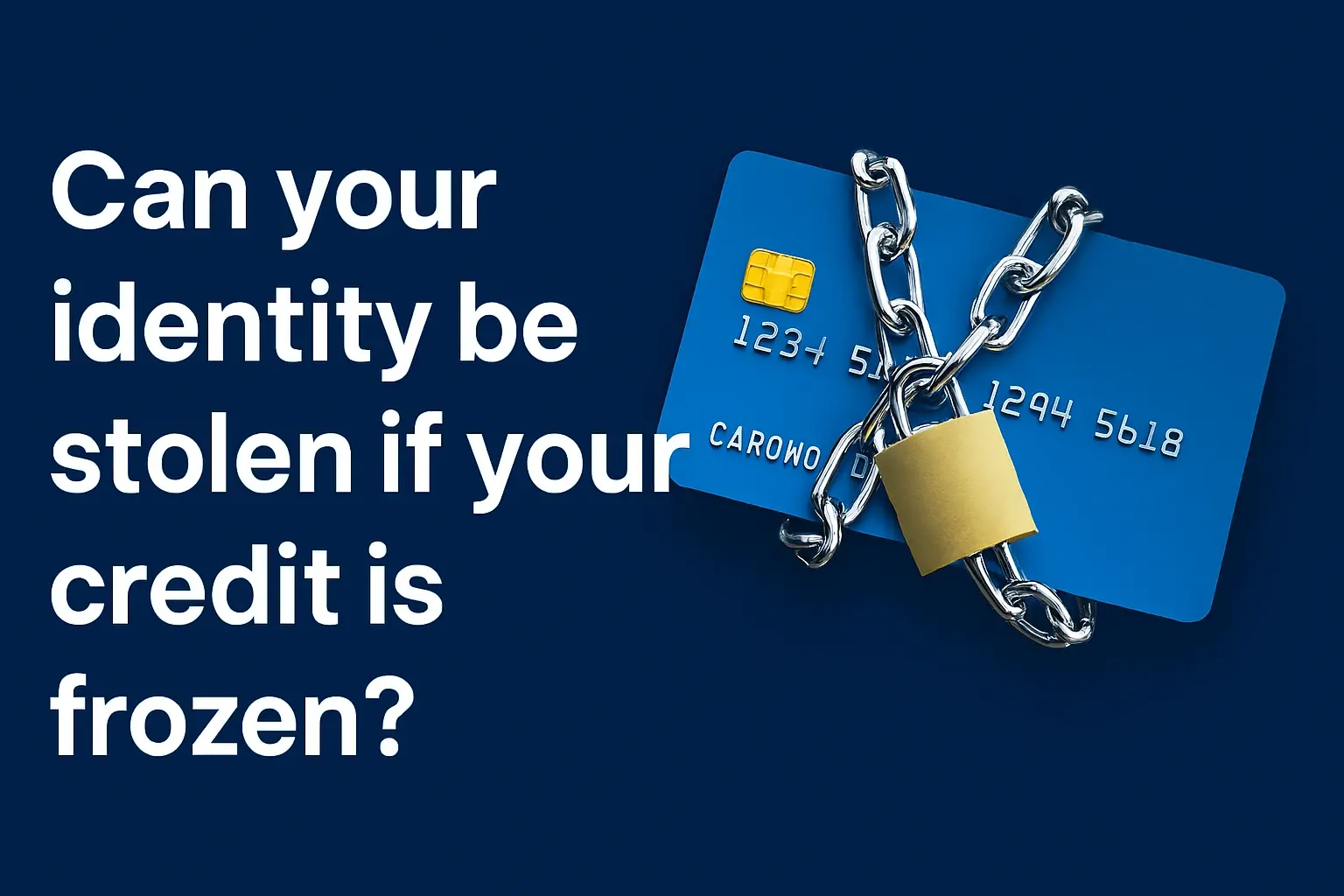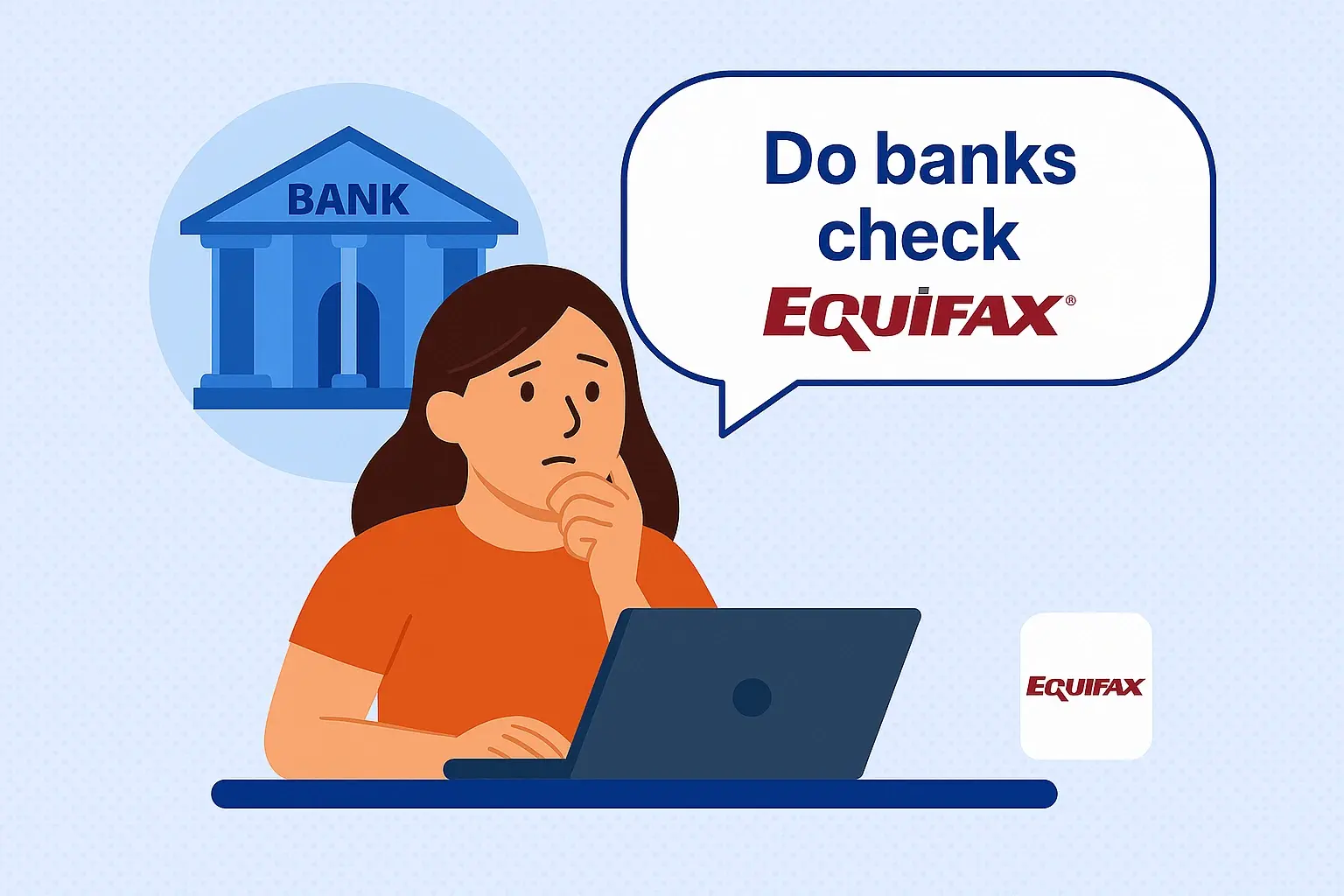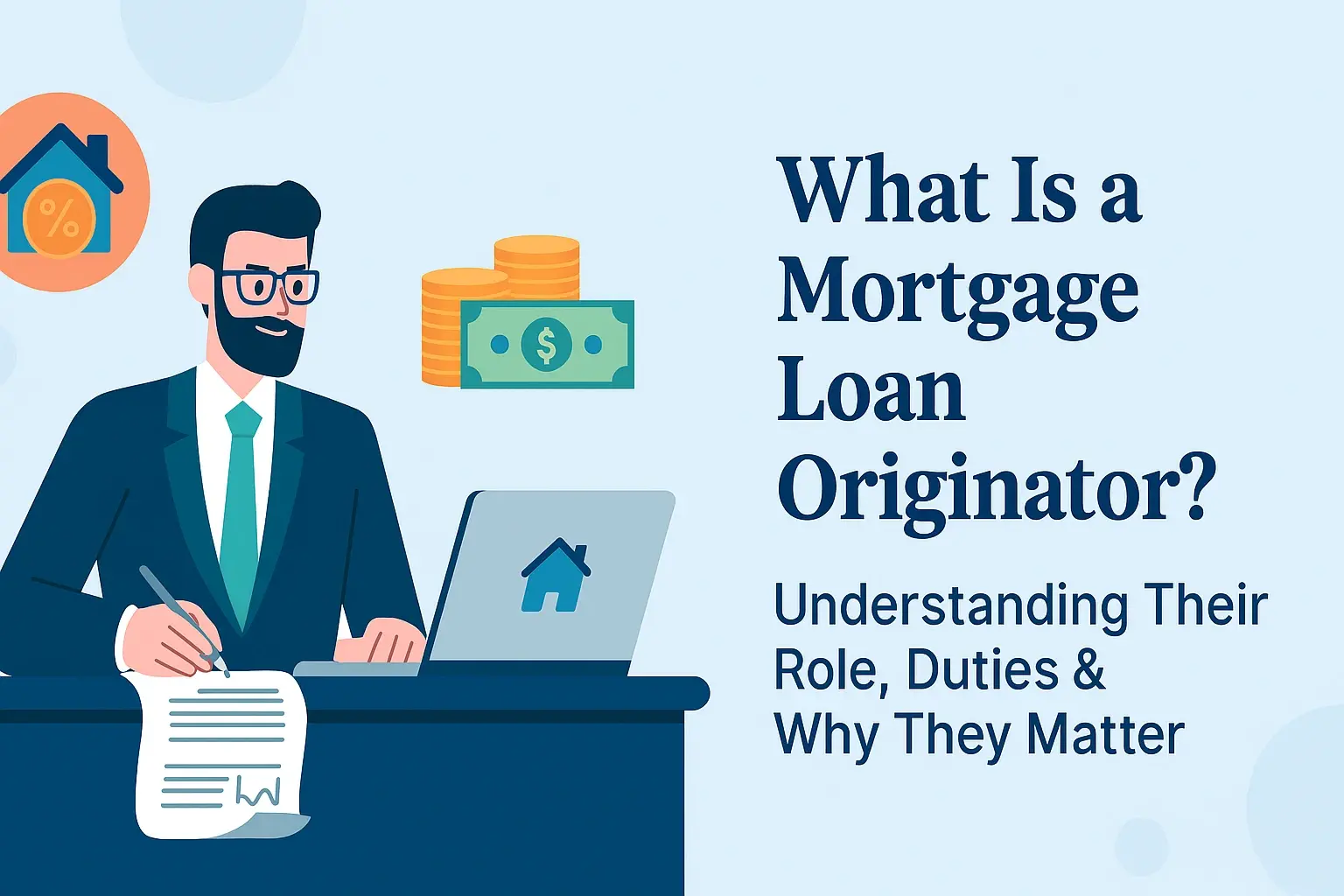-
Posted on: 26 Jul 2024
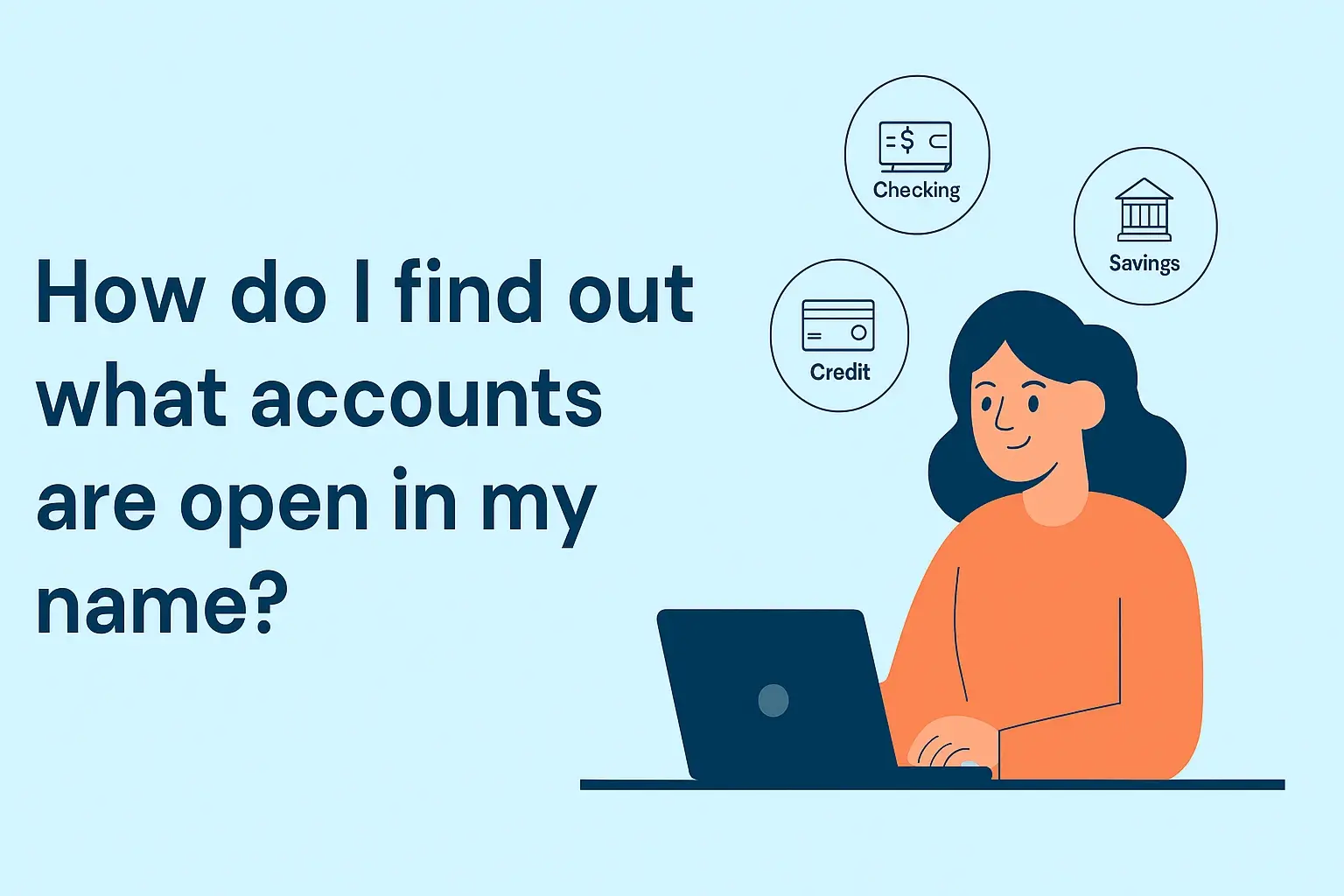
-
In today's digital age, identity theft is a serious concern. Criminals can use your personal information to open fraudulent accounts, leaving you with damaged credit and financial headaches. Regularly checking for accounts opened in your name is a crucial step in protecting yourself. This guide provides a comprehensive overview of how to discover what accounts are open in your name and what to do if you find unauthorized activity.
Why is it Important to check for Open Accounts?
Failing to monitor your financial accounts can lead to several detrimental consequences. Here's why regularly checking for open accounts is essential:
Detecting Identity Theft Early: The sooner you identify fraudulent activity, the quicker you can take action to mitigate the damage.
Preventing Financial Loss: Unauthorized accounts can lead to significant financial losses, including unpaid debts and legal fees.
Protecting Your Credit Score: Fraudulent accounts can negatively impact your credit score, making it difficult to secure loans, mortgages, or even rent an apartment.
Maintaining Peace of Mind: Knowing you're actively monitoring your accounts can provide peace of mind and reduce anxiety related to potential identity theft.
Complying with Regulations: In some cases, failing to report fraud promptly can limit your ability to recover losses from financial institutions.
Methods to Discover Accounts Opened in Your Name
Several methods are available to help you uncover accounts opened in your name. Combining these strategies provides the most comprehensive approach.
1. Check Your Credit Reports Regularly
Your credit report is a detailed record of your credit history, including credit cards, loans, and other financial accounts. You are entitled to a free credit report from each of the three major credit bureaus (Equifax, Experian, and TransUnion) once every 12 months through AnnualCreditReport.com.
How to Access Your Free Credit Reports:
Visit AnnualCreditReport.com. This is the only website authorized to provide free credit reports under federal law.
Follow the instructions to request your reports from Equifax, Experian, and TransUnion. You can request all three at once or stagger them throughout the year for continuous monitoring.
Carefully review each report for any unfamiliar accounts, incorrect information, or suspicious activity. Pay close attention to:
Account types: Are there any types of accounts you don't recognize (e.g., a car loan you didn't take out)?
Account status: Are there any accounts listed as delinquent or in collections that you don't recognize?
Inquiries: Are there any inquiries from companies you don't recognize? This could indicate someone applying for credit in your name.
Personal information: Is your name, address, and other personal information accurate?
Tips for Reviewing Your Credit Reports:
Download and save your reports: This allows you to compare them over time and track any changes.
Dispute any errors immediately: Contact the credit bureau and the creditor to dispute any inaccurate information.
Keep your credit reports secure: Protect your personal information from unauthorized access.
2. Set Up Credit Monitoring Services
Credit monitoring services automatically track your credit reports and alert you to any changes, such as new accounts opened, changes in your credit score, or suspicious activity. While these services typically come with a fee, they offer a valuable layer of protection against identity theft.
Types of Credit Monitoring Services:
Credit Bureau Monitoring: Offered by Equifax, Experian, and TransUnion.
Third-Party Monitoring Services: Offered by companies like LifeLock, IdentityForce, and Credit Karma (some features are free).
Benefits of Credit Monitoring:
Real-time Alerts: Receive immediate notifications of any changes to your credit report.
Fraud Protection: Assistance with resolving identity theft issues, including fraud alerts and credit freezes.
Peace of Mind: Continuous monitoring provides peace of mind knowing your credit is being actively protected.
Choosing a Credit Monitoring Service:
Compare features and pricing: Different services offer varying levels of protection and support.
Read reviews: See what other customers have to say about their experience with the service.
Consider your budget: Credit monitoring services can range in price from free (with limited features) to several hundred dollars per year.
3. Review Bank and Credit Card Statements Regularly
Carefully reviewing your bank and credit card statements each month is a simple yet effective way to detect unauthorized transactions or accounts. Look for any charges you don't recognize, even small amounts, as these could be indicators of fraudulent activity.
What to Look For:
Unfamiliar transactions: Charges you don't recognize or authorize.
Small charges: Criminals often test stolen credit card numbers with small charges before making larger purchases.
New accounts: Look for any new credit cards or bank accounts listed on your statements that you didn't open.
Address changes: Make sure your address and contact information are accurate on all your statements.
Taking Action:
Report suspicious activity immediately: Contact your bank or credit card company as soon as you notice any unauthorized activity.
Keep detailed records: Document all instances of fraud, including dates, amounts, and any communications with financial institutions.
4. Check for Unclaimed Funds
Unclaimed funds are assets that have been turned over to the state by financial institutions and other organizations because they were unable to locate the rightful owner. This can include dormant bank accounts, uncashed checks, and insurance payouts. While not directly related to identity theft, checking for unclaimed funds can sometimes reveal accounts you may have forgotten about or that were opened fraudulently.
How to Check for Unclaimed Funds:
Visit MissingMoney.com: This is a free, official website endorsed by the National Association of Unclaimed Property Administrators (NAUP).
Search by state: Enter your name and state to search for unclaimed funds. You can also search multiple states.
Follow the instructions to claim your funds: If you find unclaimed funds that belong to you, you will need to provide documentation to prove your identity.
5. Set Up Fraud Alerts and Security Freezes
If you suspect you are a victim of identity theft or are concerned about potential fraud, consider placing a fraud alert or security freeze on your credit reports.
Fraud Alerts:
What they do: A fraud alert requires creditors to take extra steps to verify your identity before opening a new account in your name.
How to place one: Contact any of the three major credit bureaus (Equifax, Experian, or TransUnion). Once you place an alert with one bureau, they are required to notify the other two.
Types of fraud alerts:
Initial fraud alert (1 year): Placed if you suspect identity theft.
Extended fraud alert (7 years): Requires an identity theft report and provides additional protection.
Active duty military alert (1 year): For service members who are deployed or have frequent changes of address.
Security Freezes (Credit Freezes):
What they do: A security freeze restricts access to your credit report, making it difficult for criminals to open new accounts in your name.
How to place one: Contact each of the three major credit bureaus individually.
Cost: Security freezes are free in all states.
Temporary lift: You can temporarily lift a security freeze if you need to apply for credit.
6. National Database and Public Records Searches
While less direct than checking credit reports, searching public records and national databases might reveal accounts or activities associated with your name that you were unaware of. These searches are not comprehensive but can provide supplemental information.
Public Records Searches:
County Recorder's Office: Check for property records, liens, and judgments associated with your name.
Court Records: Search for lawsuits, bankruptcies, or other legal actions where you are listed as a party.
Secretary of State Website: Search for business filings or other official documents associated with your name.
National Database Searches (Use with Caution):
People Search Engines: Websites like Intelius, WhitePages, and BeenVerified aggregate public records and online information. Be aware of potential inaccuracies and privacy concerns. Use reputable services.
Unclaimed Property Databases: As mentioned before, check official state unclaimed property databases for forgotten accounts.
Important Note: Information found in public records or national databases can sometimes be outdated or inaccurate. Always verify any questionable findings through official sources like the credit bureaus or the involved financial institutions.
What to Do If You Find Unauthorized Accounts
If you discover unauthorized accounts opened in your name, it's crucial to take immediate action to minimize the damage.
Report the fraud to the affected financial institutions: Contact the banks, credit card companies, or other institutions where the fraudulent accounts were opened. Provide them with all relevant information and request that the accounts be closed immediately.
File a police report: Filing a police report creates an official record of the identity theft and can be helpful when dealing with creditors and other institutions.
File a complaint with the Federal Trade Commission (FTC): The FTC is the primary federal agency responsible for identity theft enforcement. You can file a complaint online at IdentityTheft.gov.
Contact the credit bureaus: Place a fraud alert or security freeze on your credit reports to prevent further fraudulent activity. Dispute any inaccurate information on your credit reports.
Monitor your accounts closely: Continue to monitor your credit reports, bank statements, and other financial accounts for any signs of further fraudulent activity.
Preventing Future Identity Theft
While it's impossible to completely eliminate the risk of identity theft, there are several steps you can take to reduce your vulnerability.
Protect your Social Security number: Avoid carrying your Social Security card in your wallet and only provide your Social Security number when absolutely necessary.
Shred sensitive documents: Shred financial statements, credit card offers, and other documents containing personal information before discarding them.
Use strong passwords: Create strong, unique passwords for all your online accounts and avoid using the same password for multiple accounts.
Be cautious of phishing scams: Be wary of suspicious emails, phone calls, or text messages requesting personal information. Never click on links or open attachments from unknown senders.
Secure your home network: Use a strong password for your Wi-Fi network and enable encryption.
Update your software regularly: Keep your computer and mobile devices up to date with the latest security patches.
Be careful on social media: Avoid sharing too much personal information on social media, as this information can be used by criminals to steal your identity.


